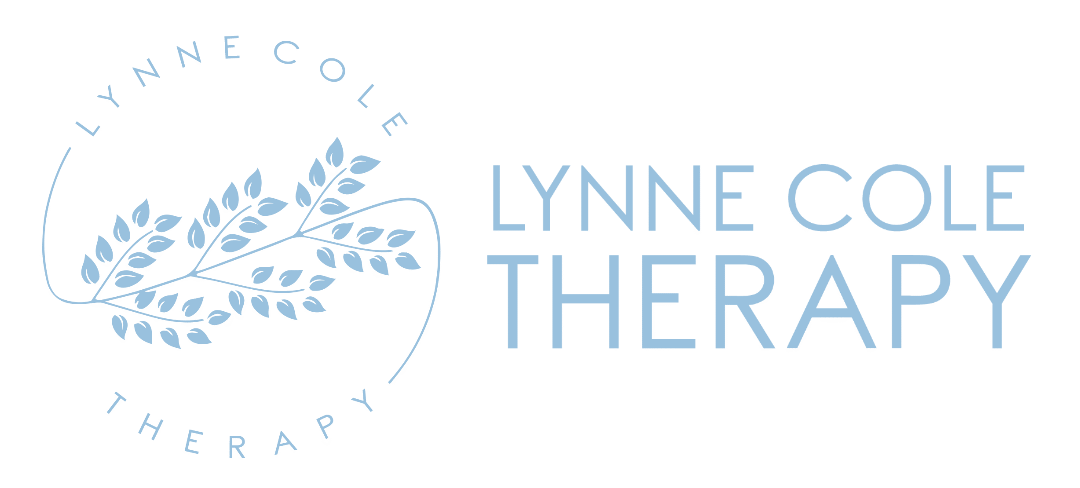Written By: Lynne Cole – Therapist & Counsellor | Last Updated: June 2023
Table of Contents
Toggle
What does it mean to be stuck in life?
Everyone has times when they feel stuck or trapped in their life circumstances
This is when nothing seems to be happening or changing and you don’t particularly like how things are, but don’t know what to do to change them in a way you would like, or are not motivated to take steps towards changing.
Anything can cause this feeling; your home surroundings, relationship, or job can all become boring and stressful, and you can feel as if you’re struggling to reach your goals in any of these areas.
How Feeling Stuck Can Stop You Making Progress
If you feel like you should be moving on with regards to an area of your life, but you can’t see how, this can leave you feeling like there is no way out. This can be as frightening as being in a physical trap, and leave you feeling stressed and anxious as your adrenaline rises and you search for any possible source of help.
The resulting panic can, unfortunately, make it harder to think clearly about your options, and harder to focus on taking steps to fix things when you do find out how.
Alternately, feeling like you have no options can also cause depression. This makes it harder to see positivity or potential in anything, so it’s even harder to see a way out. It becomes worse when you try options and they don’t work.
Each failure causes your self-esteem to drop, and the phenomenon of “learned helplessness” means it becomes harder to motivate yourself to try after each time you fail, because you don’t see the point anymore.
What causes people to get stuck?
Any number of things can get in the way of making necessary changes. Here are some of the most common:
Already-existing mental illnesses can cause a trapped feeling for the reasons described above – depression and anxiety make it harder to change anything. Even if you’ve been diagnosed and know you have an illness, identifying the problem doesn’t make it go away; your symptoms will still be present. However, knowing that they’re there can be a big help in controlling and treating them. If you think you might have a mental illness, talk to a doctor as soon as possible.
There can also be practical obstacles, in the form of lack of money and other resources or opportunities. For example, you might be stuck in a frustrating job or dead relationship but not be able to afford to move away. It is very frustrating to know exactly what you could do to change your circumstances, and be unable to do it due to circumstances outside your control. People count as a resource in this context, too – it’s hard to motivate yourself if you’re lonely and having friends and family to call on is often vital in solving problems and making progress.
Sometimes, people take a path in life they don’t really want even at the beginning, for various reasons. Perhaps your family pressured you to enter a particular career, for example. It’s hard to be motivated about something you don’t want to do, and it will ultimately leave you with very little satisfaction and feelings.
It’s easy to tell you from the outside that you should make changes, but fear of change is also a very real issue. Even if you don’t like how things are, you might fear that things could turn out worse or simply not improve if your efforts go wrong. This can be caused by lack of confidence in your own abilities and judgment, or by prior bad experiences.
Perfectionism is a particular problem; you may feel that unless success is guaranteed and everything will go perfectly, it’s not worth trying. You may even be aware this is irrational – almost nothing goes perfectly at the first attempt – but still feel paralysed.
You may simply not have a good idea of where to start or what purpose you wish to aim for. The modern world is very complicated and offers a lot of options, which sounds great, but can be paralysing when you have to make decisions.
Bringing it back to the mental illnesses mentioned above, you may suffer from self-esteem low enough that you don’t feel worthy of anything better than you have. This is often a sign of depression, and if you feel this way, talk to a doctor.
What are the symptoms of being stuck?
You may already be able to recognise the feeling, but here are some ways to identify it:
You feel your life is boring and nothing is happening in it. Having a comfortable routine is normal, but if you wish something would happen just to change things, even if it’s bad, you might need to make a change happen yourself. Boredom can lead to negative habits like overeating or oversleeping, which can make the problem worse.
You fall back into old habits or keep up a routine even if you know it’s stressing you. When you’re unhappy, you’re likely to fall back on what you know provides an instant boost even if it makes you feel worse later. Doing the same thing over and over will only lead to the same results.
Any of your family, romantic, friendly, or work relationships feel draining instead of making you happier. No one can totally avoid having workmates or neighbours they don’t like, but it’s best to minimise your interactions with them as much as possible and focus on relationships where you can build each other up. A relationship doesn’t have to be outright abusive to still be an emotional drag, and being used to it doesn’t mean it’s healthy.
You don’t feel motivated to make changes even when you know that you should and how. As mentioned above, you may feel unworthy or incapable and thus not want to bother.
You feel stuck in the past, unable to stop thinking about what has happened even if it was long ago. This can be connected to trauma or unresolved anger, and is also known as cognitive immobility. You may feel you have no control and that things will always be the same.
What to do when you feel stuck in life
Mindful acceptance can help reduce the stress of difficult situations. Breathing exercises, meditation, and self-hypnosis can all help relax you and let you think more clearly. Practice self-care and do what you can to boost your self-esteem. Remember, you deserve a life you can be happy in, and being happy and productive will make it easier for you to help other people too. Be yourself, and be proud of yourself.
If you feel stuck, you may not know what would make you feel better. It might help to brainstorm or mind-map; get a piece of paper and write down all the things you want, no matter how implausible, or all the changes you could make, no matter what would happen. This can help clear your mind so you can see what can be done and how. Writing down your stressful thoughts and obstacles can also help you see how to overcome them.
Make sure you have a secure support system. Work on relationships so that you can support each other, communicate well, and make each other happy. If a relationship is making you miserable and can’t be fixed at all, it’s okay to cut it off, even if it’s a family member; there are support groups devoted to helping people in this position.
Try making small changes to overcome your fear of big ones. Move your furniture around, try a new pastime, go to a new social group, cut one unhealthy food from your diet or add one healthy one in. When you see how this works, big lifestyle changes will feel easier.
If you need money to make the changes you want, organisations like Cashwise can advise you on how to cut spending. If that isn’t enough and you need a second job, try to find one you can do with minimal stress; these days many jobs can be done completely from home, saving commute stress and spending on travel.
When to seek help getting unstuck
If changes you make on your own don’t feel like they’re enough, or you don’t know what to do or are afraid to even start, don’t feel bad about asking for help. It doesn’t have to be from a doctor, counsellor/therapist, though they can certainly be useful – try talking to people you know and trust and see what they think. They might have connections you can use to make new friends or find a new job, for example.
A session with a life coach can also help you to set SMART goals (that is, specific, measurable, achievable, relevant, and time-bound) to get you moving in the right direction.
If you think you’re showing signs of mental illness, talk to your doctor as soon as possible and they’ll be able to advise you about therapies and/or medication.
What not to do when you feel stuck
Don’t just keep doing the same thing and hoping things will get better on their own. They’re more likely to get worse. There’s a saying (often wrongly attributed to Albert Einstein) that the definition of insanity is doing the same thing and expecting different results.
Don’t feel ashamed or like you’ve failed. Many people go through this at one time or another and it’s almost always fixable. If your first attempt doesn’t work, you still haven’t failed – keep trying!
Don’t try to make big changes without a solid plan. Know what you intend and how your actions will help you achieve it, and they’ll be much more likely to work.
Summary and Key Takeaways
Lots of people go through periods of feeling stuck in life. The best way to help it is to find out what aspect of your life is causing the feelings and make whatever adjustments you need to bring about some movement.

